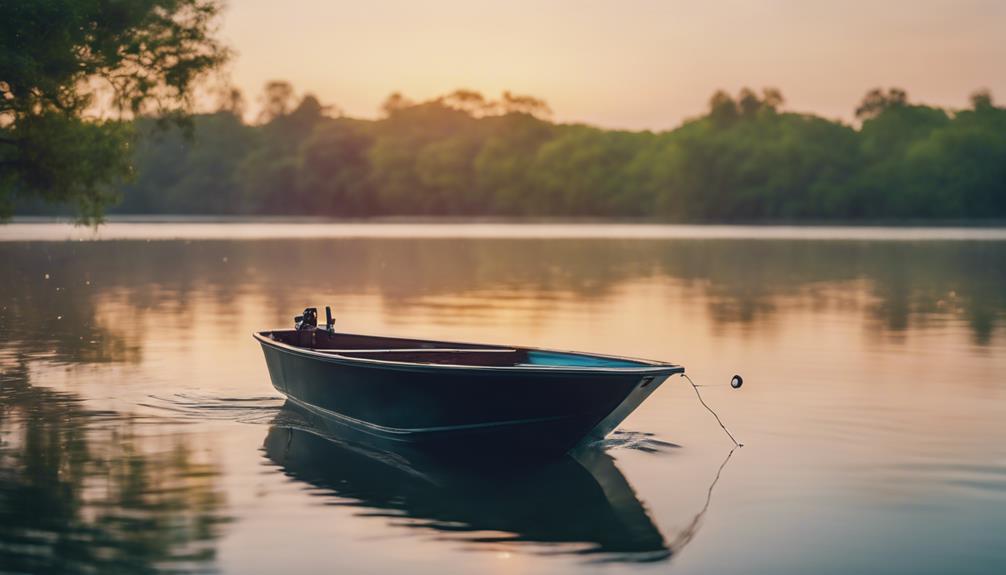Fishing is a beloved pastime that offers relaxation, adventure, and a chance to connect with nature. However, before you cast your line, it’s crucial to understand the regulations surrounding fishing licenses. One of the most common questions is, how old do you need to be to get a fishing license? In this blog post, we will explore the age requirements for obtaining a fishing license across different regions, the types of licenses available, and some helpful tips for new anglers.
Understanding Fishing License Age Requirements
To fish legally, most states require individuals to obtain a fishing license, which often comes with specific age requirements. Generally, the minimum age to get a fishing license ranges from 16 to 18 years old, depending on the state. In some regions, children below a certain age may fish without a license if accompanied by an adult who has a valid fishing license. It’s essential to check local regulations to determine the exact age requirements for your area, as they can vary widely.
Youth Fishing Licenses: A Great Option for Young Anglers
For younger enthusiasts eager to learn the art of fishing, many states offer discounted or even free youth fishing licenses. Typically, these licenses cater to children aged 12 to 15 years old, allowing them to fish legally while encouraging a love for the sport. Some states even have specific programs designed for youth, including fishing tournaments and events to foster skills and knowledge. If you’re wondering how old to get a fishing license for your child, check with your state’s wildlife agency for details on youth fishing licenses and any associated age restrictions.
Types of Fishing Licenses: Know Your Options
When considering how old to get a fishing license, it’s also crucial to understand the different types of licenses available. Most states offer various licenses, including resident, non-resident, and senior citizen licenses. Resident licenses typically apply to individuals who live in the state, while non-resident licenses are for visitors. Additionally, some states provide special licenses for certain types of fishing, such as saltwater or freshwater fishing. Knowing the options available can help you choose the best license based on your fishing habits and location.
The Importance of Fishing License Regulations
Understanding fishing license regulations is crucial for several reasons. First, obtaining a fishing license ensures that you comply with local laws, helping to protect fish populations and aquatic ecosystems. Second, fishing licenses often contribute to conservation efforts, funding programs that maintain healthy fish habitats and promote sustainable fishing practices. Lastly, being aware of the regulations surrounding fishing licenses will help you avoid potential fines or legal issues. Always check with your local wildlife authority to stay informed about the regulations that affect you.
How to Apply for a Fishing License
Now that you know how old to get a fishing license and the types available, let’s discuss how to apply for one. Applying for a fishing license is typically a straightforward process. Most states allow you to apply online through their wildlife agency’s website. You will need to provide some basic information, such as your name, address, date of birth, and possibly your Social Security number. Some states may also require you to complete a fishing education course, especially for younger applicants. Alternatively, you can often apply in person at designated locations, such as sporting goods stores or state parks.
Benefits of Having a Fishing License
Having a fishing license comes with several benefits beyond legal compliance. It often grants access to special fishing areas, including lakes, rivers, and coastal waters that may otherwise be restricted. Additionally, many fishing licenses come with perks, such as discounts on fishing gear or entry fees for local fishing tournaments. Moreover, holding a fishing license can enhance your experience by connecting you with a community of fellow anglers and providing access to educational resources that can improve your fishing skills.
Tips for New Anglers: Making the Most of Your Fishing Experience
If you’re new to fishing, there are several tips to enhance your experience and ensure you’re well-prepared. First, consider taking a fishing class or workshop to learn the basics, including casting techniques, bait selection, and local fishing regulations. This can be particularly helpful for younger anglers who may need guidance. Additionally, invest in quality fishing gear that suits your needs and budget. Finally, don’t hesitate to reach out to local fishing groups or forums for advice and support as you embark on your fishing journey.
Conclusion: Embrace the Angling Adventure
In conclusion, knowing how old to get a fishing license is just the first step in your angling adventure. Understanding the requirements, types of licenses available, and the benefits associated with having one will prepare you for a successful fishing experience. Whether you’re a parent looking to introduce your child to the joys of fishing or an adult eager to explore the waters, obtaining a fishing license is a crucial step. So grab your gear, check your local regulations, and get ready to enjoy the great outdoors while fishing legally and responsibly. Happy fishing!
